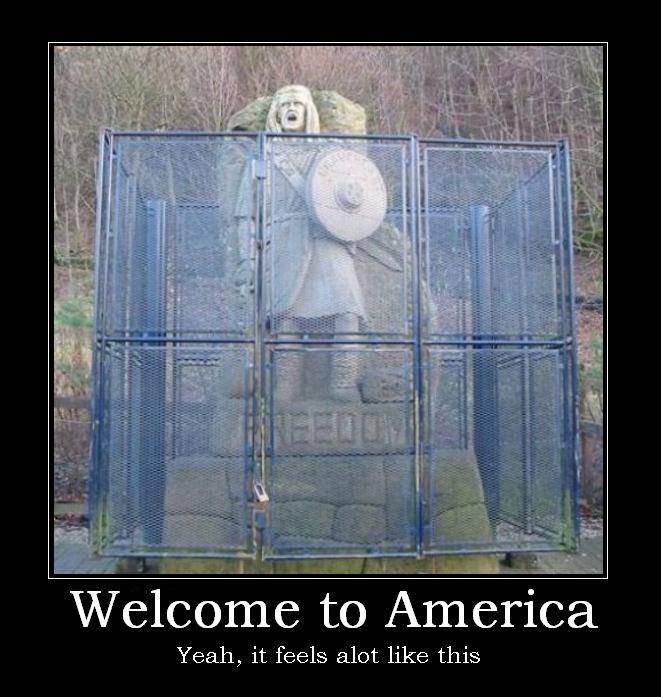Don't cell phones have trackers or is this myth?
im pretty damn sure the smartphones do... if i lose my phone (happened twice already) and can sign online to track my phone... when that being said i pay for that service... but the phone its a GPS..so im sure if they wanted you bad enough your ass is theres.
but yes that is some BS... way to play fair guys... NOT



